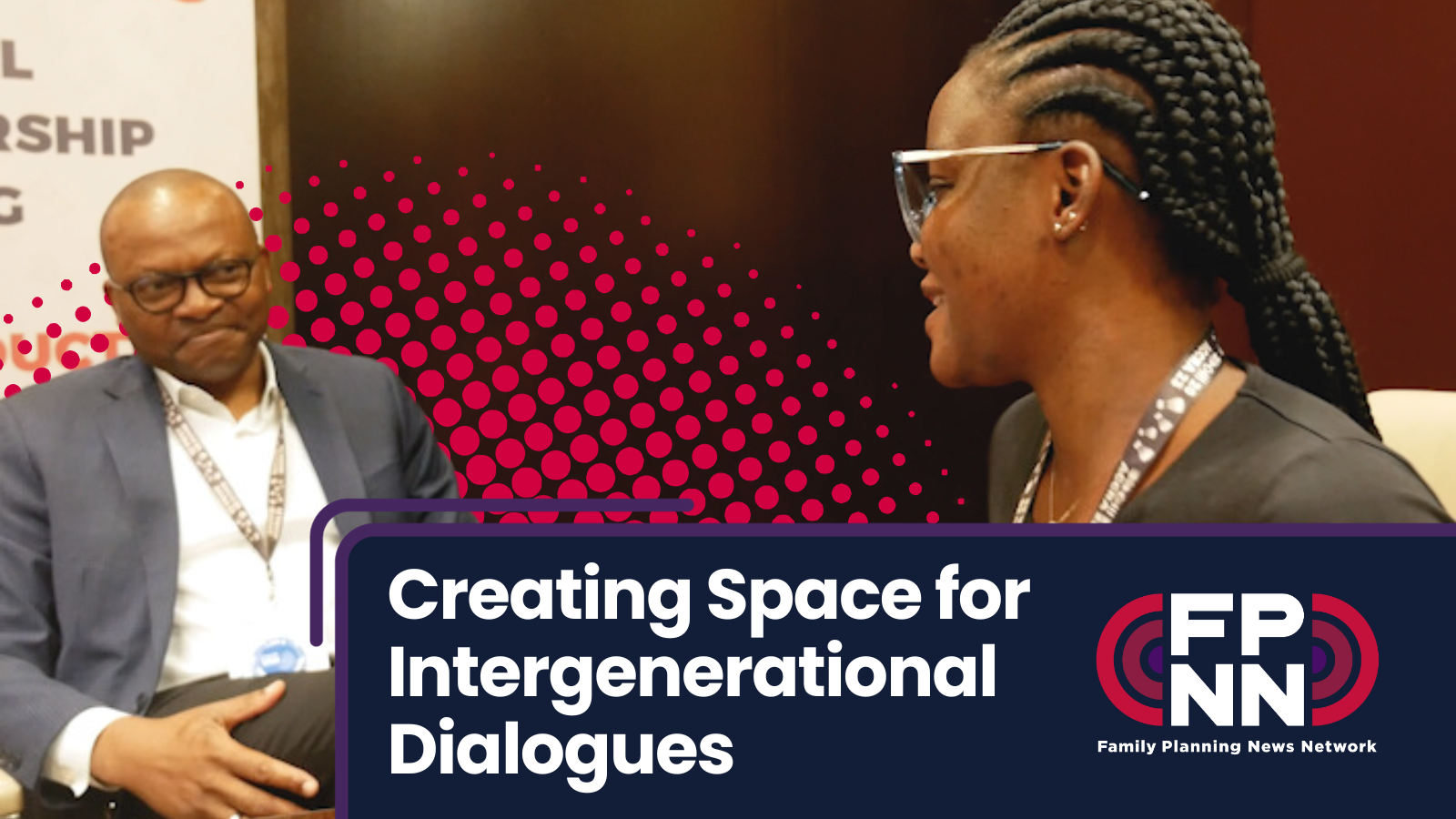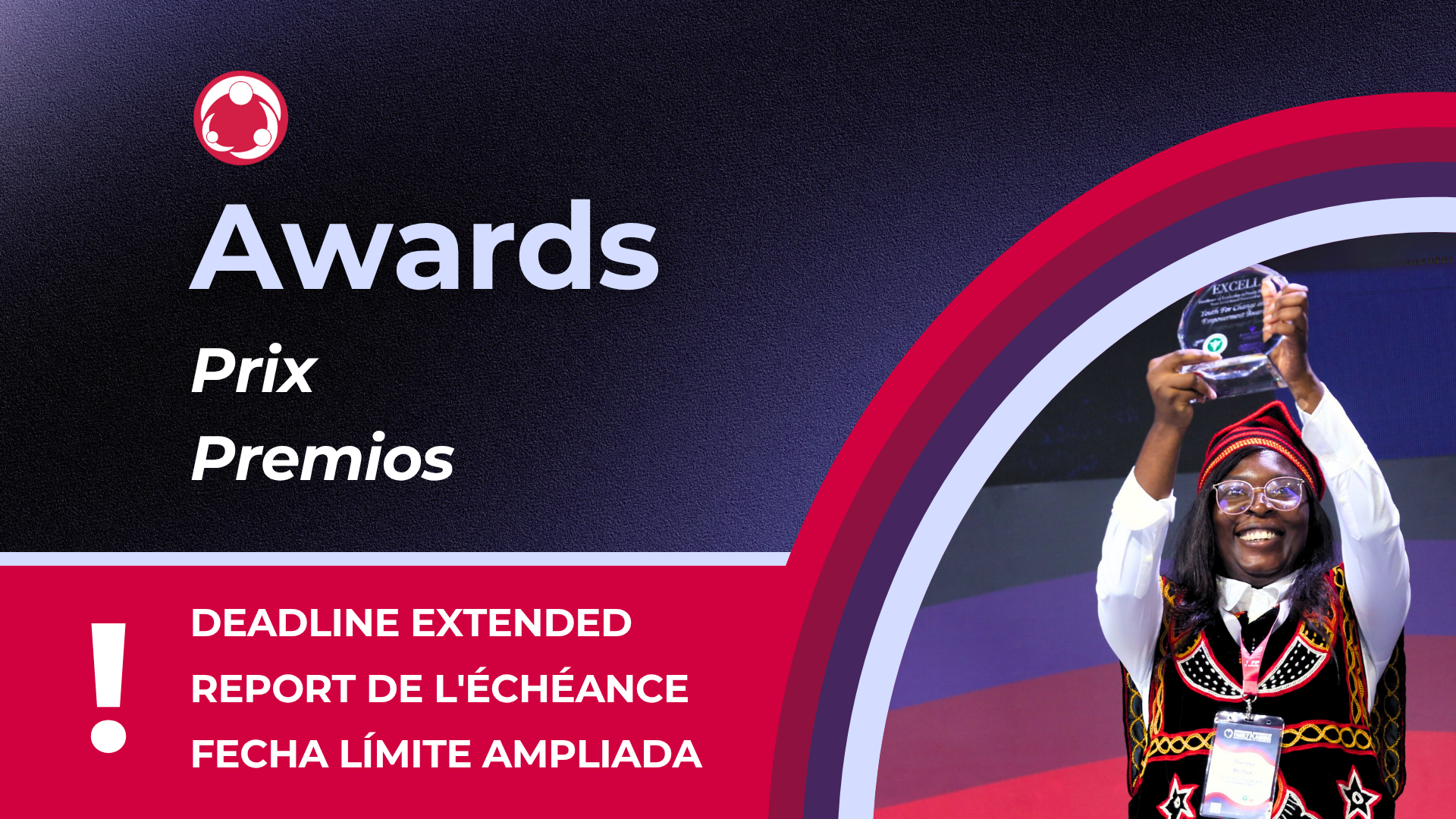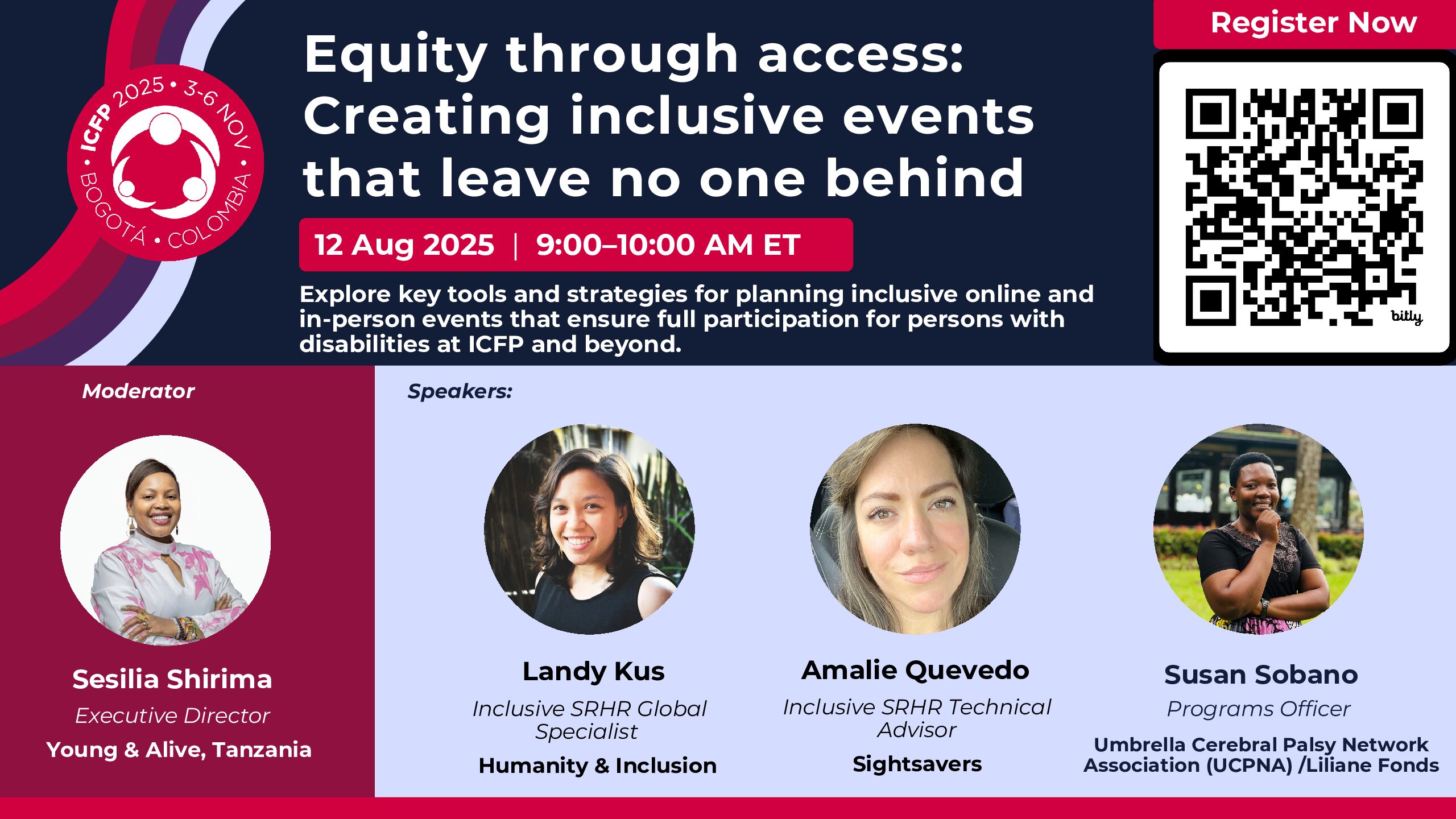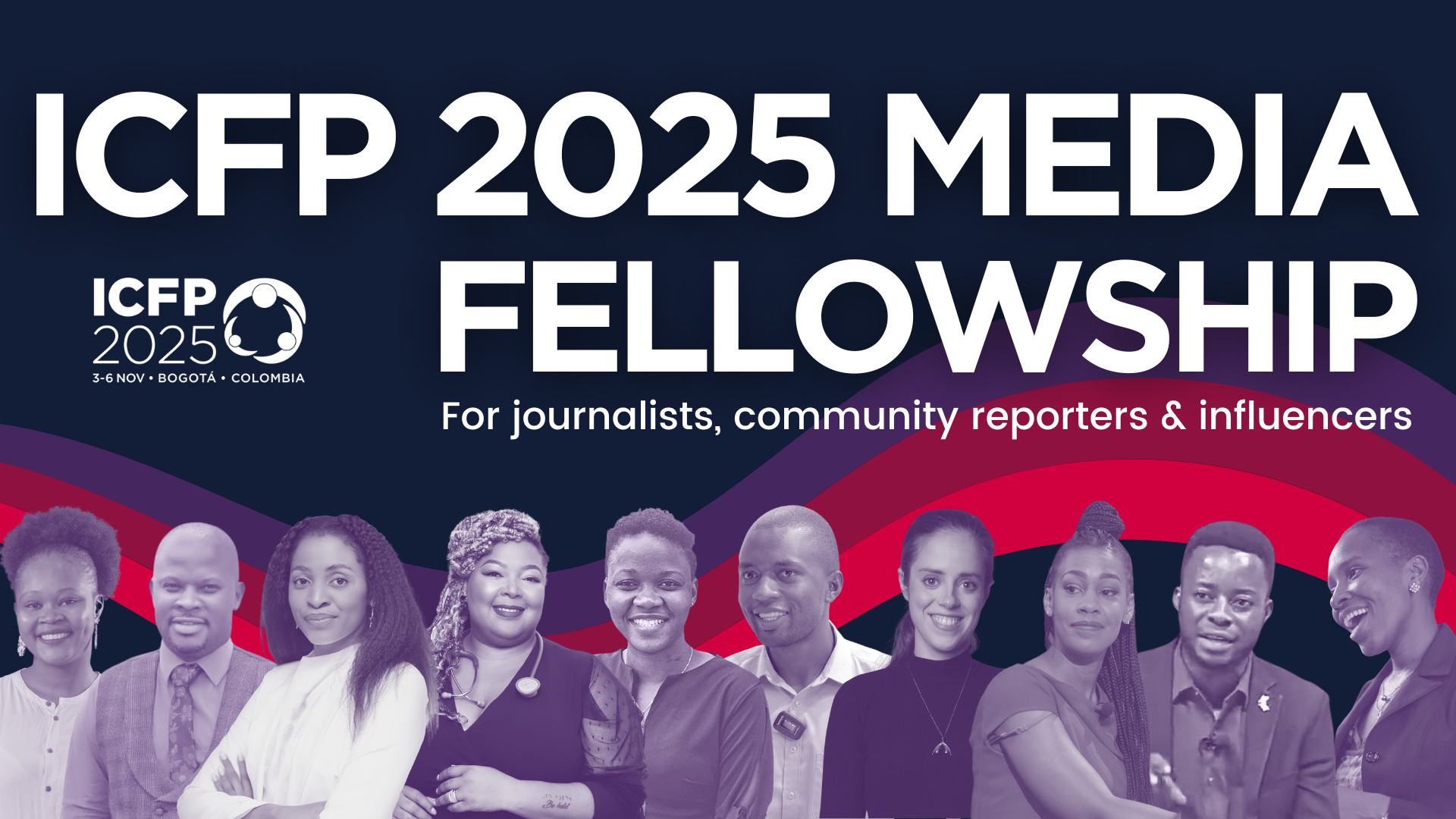Mentoring young people in reproductive health supplies is crucial.
Simplice Kamdem, Sr. Health Systems Strengthening & Policy Advisor, USAID/West Africa, believes in creating opportunities for intergenerational dialogues across the sexual and reproductive health (SRHR) and rights field. In order to change the pattern of youth being excluded from decision making, everyone in the field must make sure youth are brought into the conversation.
Simplice stresses the importance of mentorship of young people in the supply chain field. He says he would like to use his years of experience in this area to benefit younger people. “I am here to help,” he says. “I am reachable. I want to mentor and coach as needed.”
As a former Reproductive Health Supplies Coalition LAPTOP Scholarship beneficiary himself, Simplice contends that mentorship is something everyone in the field should embrace. Establishing a link between current scholars/fellows and alumni, like in the case of the LAPTOP Scholarship, can help young people grow in the field.
He also says that young people have what it takes to make significant impacts in the field. They bring enthusiasm, creativity, and innovation to address some of the most critical issues we are facing today.

“If you really want to change the patterns that we’re seeing, we have to bring a youth to the table. And they have to play a role.”
Simplice Kamdem, Sr. Health Systems Strengthening & Policy Advisor, USAID/West Africa
I will be here all week to report on why youth participation in supply chain solutions is so important and how young people can be part of the equation. Stay tuned to my social feeds and check back to this page for more of my RHSC coverage!








